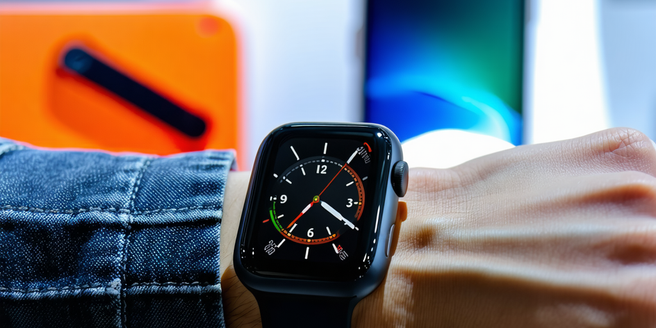
Introduction to Wearable Technology in the Workplace
Wearable technology is increasingly becoming a staple in today’s workplaces. These devices, ranging from fitness trackers to smartwatches, are designed to monitor various health indicators and encourage a healthier lifestyle. Many employees find that such technology not only boosts their physical well-being but also enhances their motivation and job satisfaction. Companies are integrating these tools to foster a culture of health and wellness, aiming to improve employee engagement and productivity. As organizations recognize the importance of employee well-being, wearable tech plays a pivotal role in providing insights into physical activity, stress levels, and even sleep patterns. With data-driven solutions, companies can tailor wellness programs to better meet the needs of their workforce, making wearable technology an essential component of modern corporate wellness strategies.
Benefits of Wearable Tech for Employee Health
Wearable technology offers numerous advantages for employee health, leading to a more productive and engaged workforce. By using devices like fitness trackers and smartwatches, employees can monitor their physical activity, heart rate, and sleep patterns. This integration of technology into daily routines fosters a culture of health and well-being among staff. With these tools, employees can set health goals and track their progress over time. This real-time data encourages individuals to take proactive steps towards healthier living. From promoting regular movement to enhancing sleep quality, wearable tech helps raise health awareness. Moreover, companies benefit from reduced healthcare costs, increased productivity, and improved morale. With personalized insights, employees are better equipped to make informed lifestyle choices, leading to a happier and healthier workplace.
Top Wearable Devices for Corporate Wellness
In the realm of corporate wellness, several wearable devices have proven to be highly effective in promoting employee health. Fitness trackers like Fitbit and Garmin track steps, calories burned, and even sleep quality. Smartwatches such as the Apple Watch and Samsung Galaxy Watch offer comprehensive health monitoring features, including heart rate tracking and stress management tools. With the increasing focus on mental health, these devices also support mindfulness and relaxation techniques. Additionally, devices like WHOOP and Oura Ring provide insights into recovery and overall well-being. These wearables are equipped with advanced sensors that collect data to help employees manage their health better. Companies adopting these devices as part of their wellness programs can expect improved employee engagement and well-being.
Implementing Wearable Tech in Corporate Programs
Introducing wearable technology into corporate wellness programs requires strategic planning and execution. Companies must first identify the specific health goals they aim to achieve, whether it’s reducing stress, improving fitness, or enhancing sleep. Once objectives are set, the next step is selecting suitable wearable devices and designing an inclusive program that motivates participation. It’s essential to educate employees on the benefits and usage of these gadgets to ensure engagement. Collaboration between departments can enhance the program’s overall success. Encouraging friendly competition through challenges and providing incentives can further boost participation. Regular feedback and data analysis are crucial for refining the program, ensuring it meets the evolving needs of employees and achieves the desired health outcomes.
Future Trends in Wearable Technology for Wellness
The future of wearable technology in corporate wellness looks promising with advancements that cater to personalized health needs. Emerging trends include the integration of artificial intelligence and machine learning, which can provide deeper insights into employee health and predict health risks. With the growing emphasis on preventive care, wearables offer proactive measures that could significantly reduce healthcare costs for companies. Wearables are becoming more sophisticated, offering features like hydration monitoring, mental health tracking, and even early disease detection. As technology evolves, the potential for seamless integration with workplace tools and platforms increases, making it easier for companies to incorporate wearables into everyday operations. This evolution is poised to revolutionize how organizations approach employee wellness, making health management more accessible and personalized.
